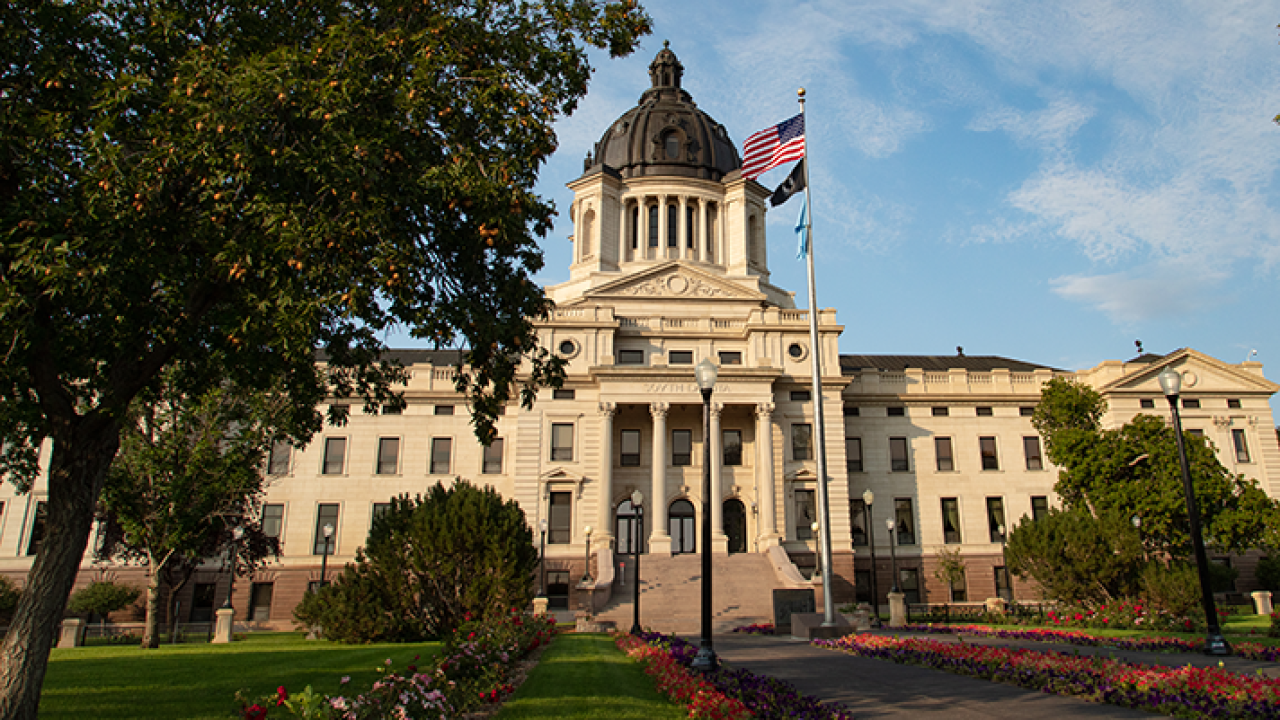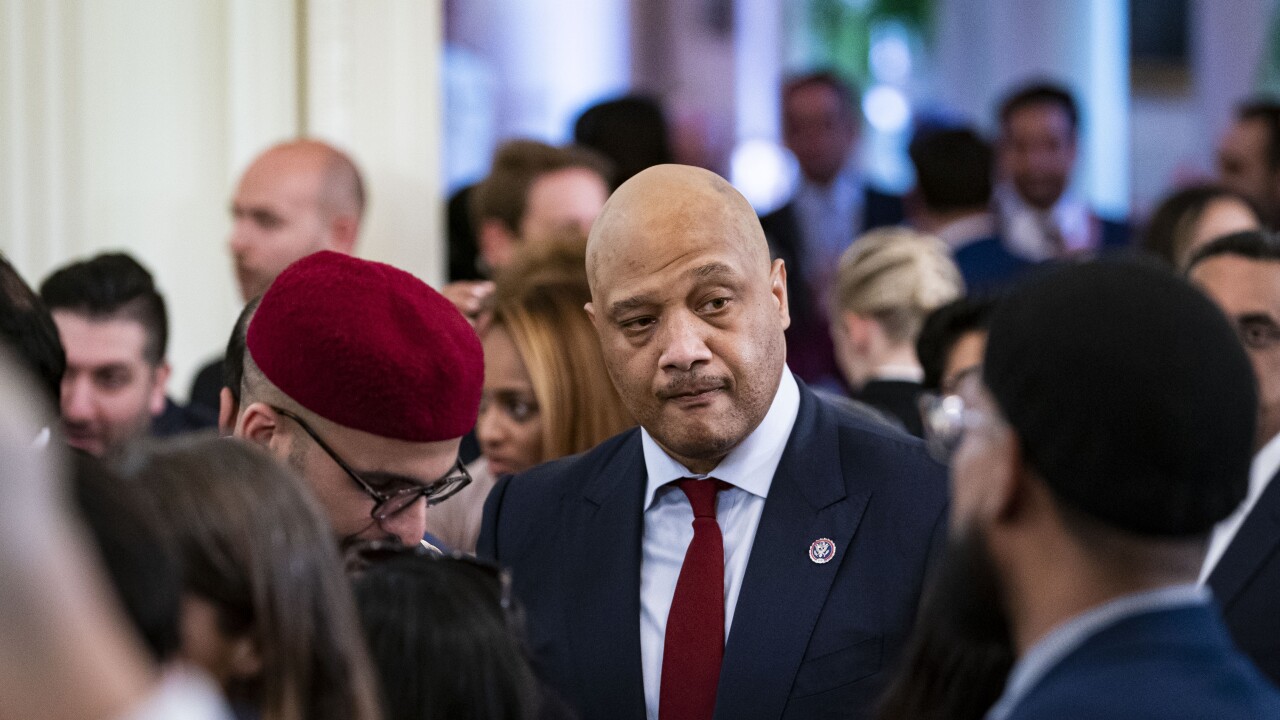
Recent growth in electricity demand and the transition to cleaner energy have led to lightbulb moments for an increasing number of local governments when it comes to something many had long approached routinely: Renewing their franchise agreements with investor-owned utilities.
"Historically, franchise agreements were kind of 20-year, 30-year long-term agreements that were kind of sleepy," said Dan Aschenbach, principal consulting partner at AGVP Advisory, a public finance utility consulting firm. "Nobody really looked at them."
That's changing, according to Aschenbach, who said local governments in recent years have been taking a harder look at their franchise agreements with investor-owned utilities. Investor-owned utilities serve nearly 72% of U.S. electricity customers, according to the U.S. Energy Information Administration's most recent data.
Some local governments have begun formal assessments about whether electric services to their communities should be municipalized or whether their existing franchise agreements can be updated in their favor, he said. To help local government officials who may be considering such changes, AGVP Advisory recently released a report that offers a checklist of factors they should weigh.
Investor-owned utilities can make their own policies, said Aschenbach, who before starting AGVP advisory in 2019, was a senior vice president at Moody's, where he rated nearly every U.S. public power electric utility in North America.
"They're regulated at the state level, but they're private utilities and they can make their own decisions," he said of investor-owned utilities.
Amid concern that power-hungry AI data centers could spike residential customers' electricity rates because of the capital expenditures that would be needed and the transition to cleaner forms of energy, local governments are looking for more control when it comes to the delivery of electricity services to their communities, Aschenbach said.
Even if a full municipalization evaluation is never conducted, just the willingness of a local government to begin a review process can give a city leverage to negotiate favorable changes to its existing franchise agreement, he said.
For instance, the City of Chicago in 2021 initiated municipalization discussions that resulted in meaningful changes to the franchise agreement it has with ComEd – particularly regarding climate-related objectives – while preserving the right to consider municipalization in the future, according to Aschenbach.
"The City of Chicago started a municipalization process and got them to the table … to agree to changes in the franchise agreement that would help move Chicago farther along towards cleaner energy," he said.
While a number of cities have been exploring whether to municipalize the electric service in their communities in recent years – a process often prompted by a franchise agreement's impending expiration – public discussions surrounding a shift toward municipalization can be controversial, he said, adding that a key sticking point has been the valuation of assets.
"And there's not a lot regulation on that and I think what's happened in some cases [is] just the estimates have been way overblown, and so it doesn't get any further then," Aschenbach said, adding that often the price an investor-owned utility is seeking for its assets has little relation to how it records their value on its balance sheet.
The idea behind AGVP's checklist "is really to provide some of the contrast between being served by an investor-owned utility and a municipal utility, with regards to a whole range of factors such as governance [and] cost recovery," he said.
"There's a lot of contrasts that I think are not well understood as kind of fundamental strengths of the municipal systems," Aschenbach said, adding, however, that it's important for a local government considering a switch to municipalization to conduct a proper evaluation to ensure it will get the value municipal utilities have provided for other communities.
The average outage per year for an investor-owned utility is twice that of a municipal utility, he said.
"They're not as responsive," Aschenbach said of investor-owned utilities.
In addition, when it comes to the cost of service as measured by cents per kilowatt-hour, "municipal electric utilities are about 11% lower cost," he said.
Asked to comment, a spokesperson for the Edison Electric Institute, an association that according to its website represents all U.S. investor-owned electric companies, provided a statement.
"As feasibility studies consistently show, municipalization efforts threaten to increase customer costs by billions of dollars without improving service," the statement said. "For more than 100 years, America's electric companies have delivered reliable, resilient electricity at the lowest cost possible to communities across America—and our member companies are best positioned to continue working with the communities they serve to meet growing electricity demand in the most cost-effective and efficient way possible."





